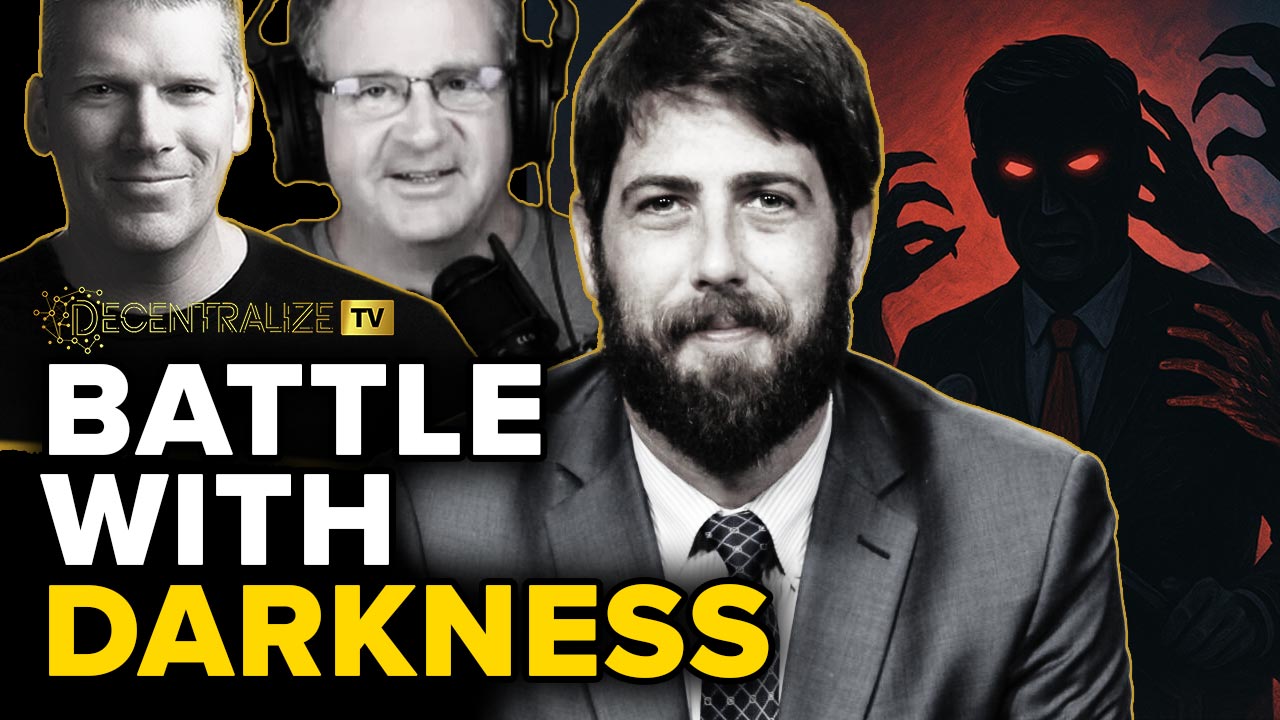Maine rebuffs Voter ID, embraces gun control
11/05/2025 / By Willow Tohi

- Maine voters have rejected a Republican-backed ballot initiative that would have required photo identification to vote and restricted absentee balloting.
- Voters simultaneously approved a “red flag” law, allowing courts to temporarily remove firearms from individuals deemed a threat.
- The results reflect a deep partisan divide, with Democrats largely opposing the voter ID measure and supporting the gun law, and Republicans taking the opposite stance.
- In a separate action, Texas voters approved a constitutional amendment to explicitly state that only U.S. citizens can vote in the state’s elections.
- The Maine outcomes underscore ongoing national debates over election integrity and gun control measures in the wake of recent mass shootings.
In a clear reflection of the nation’s political schisms, Maine voters delivered a split decision on two of the most contentious issues in American politics: election security and gun control. On Tuesday, they rejected a Republican-backed proposal to impose strict voter identification requirements and limit absentee voting, while simultaneously approving a citizen-led initiative to enact a “red flag” gun law. The dual outcome, decided largely along party lines, highlights the ongoing policy battles being waged at the state level and sets the stage for continued debate over the balance between security and constitutional rights.
Voter ID proposal fails amid access concerns
The defeated measure, known as Question 1, would have fundamentally altered Maine’s election procedures. It sought to require voters to present a government-issued photo ID at the polls and would have mandated significant changes to the state’s absentee voting system. These changes included limiting ballot drop boxes, ending automatic absentee ballot mailings for seniors and disabled voters, and prohibiting family members from dropping off ballots for one another. Proponents argued the changes were necessary to strengthen election integrity and ensure confidence in the democratic process. However, top Democratic officials, including Governor Janet Mills and Secretary of State Shenna Bellows, campaigned vigorously against it. They, along with voting rights advocates, contended the proposal would disenfranchise elderly, disabled, and working-class voters by creating unnecessary barriers to casting a ballot.
“Red flag” law passes in response to Lewiston tragedy
In a contrasting move, voters approved Question 2, making Maine the 22nd state to adopt an “extreme risk protection order” law. This citizen-led initiative allows family members or law enforcement to petition a judge to temporarily restrict a person’s access to firearms if they are deemed a threat to themselves or others. The debate was intensely personal, fueled by the 2023 mass shooting in Lewiston where an Army reservist with a documented history of mental illness killed 18 people. Supporters, including the Maine Gun Safety Coalition, argued the state’s existing “yellow flag” law was insufficient because it requires law enforcement initiation and a mental health evaluation before a judge can act. Opponents, including the National Rifle Association, raised due process concerns, arguing the new law could infringe on Second Amendment rights without proper safeguards.
National context and Texas counterpoint
The Maine results occurred within a broader national context of state-level ballot measures. On the same night, Texas voters approved a proposal to amend their state constitution to explicitly add “persons who are not citizens of the United States” to the list of those excluded from voting. While noncitizen voting is already illegal and a felony under federal and state law, proponents argued the amendment was a necessary safeguard against future local efforts to expand voting rights. Critics dismissed it as a redundant measure that sows distrust in elections and vilifies immigrants. The Texas outcome, alongside Maine’s voter ID rejection, illustrates the divergent paths states are taking on election law, often dictated by which party holds power.
A blueprint for future political battles
The election results in Maine provide a microcosm of America’s enduring political divisions. The rejection of voter ID requirements signals a preference for expansive voting access, aligning with Democratic priorities nationally. Conversely, the passage of the red flag law, even in a state with a strong hunting and outdoor tradition, demonstrates how specific tragic events can shift the political calculus on gun control, leading to policy changes that transcend traditional partisan alignments. These ballot measures not only settle immediate policy questions but also serve as a blueprint for advocacy groups and political parties, indicating which messages resonate with voters and setting precedents for similar fights in other statehouses across the country.
Sources for this article include:
Submit a correction >>
Tagged Under:
ballot, big government, cancel Democrats, gun control, insanity, left cult, Liberal Mob, Liberty, Libtards, Maine, migrants, national security, politics, Second Amendment, Texas, vote, voter ID
This article may contain statements that reflect the opinion of the author
RECENT NEWS & ARTICLES
COPYRIGHT © 2017 LIVING FREE NEWS




















